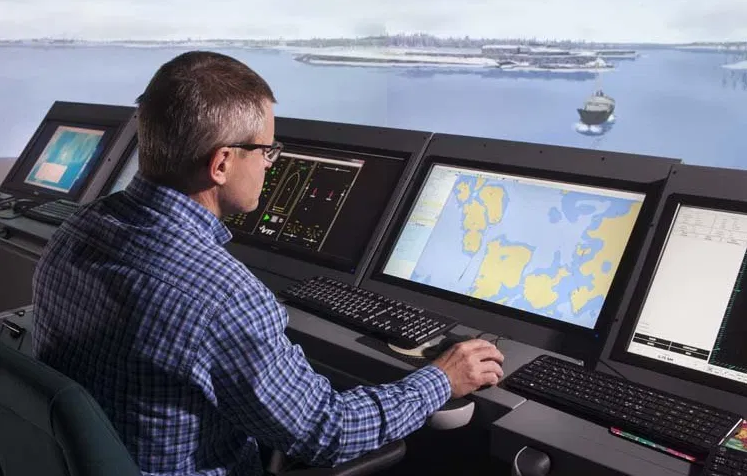
Autonomous Ships – Unmanned Vessels and The Future of Shipping
Autonomous vehicles have been appearing in our daily vernacular with growing regularity and it seems that the irrepressible march of self-governing technology is set to one day take control of the shipping industry as well. In the coming years, entire cargo ships will operate with a complete absence of on-board personnel. Instead, they’ll be remotely operated by individuals located in a command centre.
Like AI driven passenger and transport vehicles, companies in the shipping industry will look to delegate the responsibilities of travel and on-board function with machines, while human beings will shift their focus to purely managerial roles, helping to monitor the vessels and ensure that all components are operating as normal.
Future communication systems will see wireless surveillance and service operations, both internally and externally. These operations will consist of highly sophisticated guidance technology that will allow for the total command of a vessel in a completely autonomous capacity.
The Diminishing Crew Size
Although ships have always been manned by an on-board crew, the size of personnel required to operate a vessel has been steadily declining, in line with advances in technology. Back in the 1960’s, a Japanese general cargo ship was the first vessel to adopt an intermittently manned engine room, which was unprecedented at the time and a sign of things to come. Fast forward to the present day and there are proposals from various companies to have a completely autonomous engine room.
The MUNIN Project
A collaborative research project known as MUNIN, an abbreviation for Maritime Unmanned Navigation through Intelligence in Networks, endeavours to create a viable solution for an autonomous vessel. The project is a combined effort of EU nations, created in an effort to help ease the burdens of maritime transportation throughout the EU. There is already an alarming shortage of seafaring personnel in the area as it is and the ever increasing number of ships required to cope with the demands of ocean freight is only going to make the situation even more desperate.
Another Example of Machines Stealing Our Jobs?
Rather than autonomous vessels being seen as another example of technology stealing jobs from the human workforce, it’s instead seen as a necessity by shipping companies to help deal with the growing industry crisis of an on-board skills shortage. Seafaring jobs are seen as undesirable, especially by younger generations, due to the lonely and isolated nature of the job and the extended periods that personnel are required to be out at sea.
With on-board ship operations shifted to machines, human beings can assume the role of much more desirable job roles, allowing them to take control from an on-shore location and doing away with the need to be separated from their loved ones.


